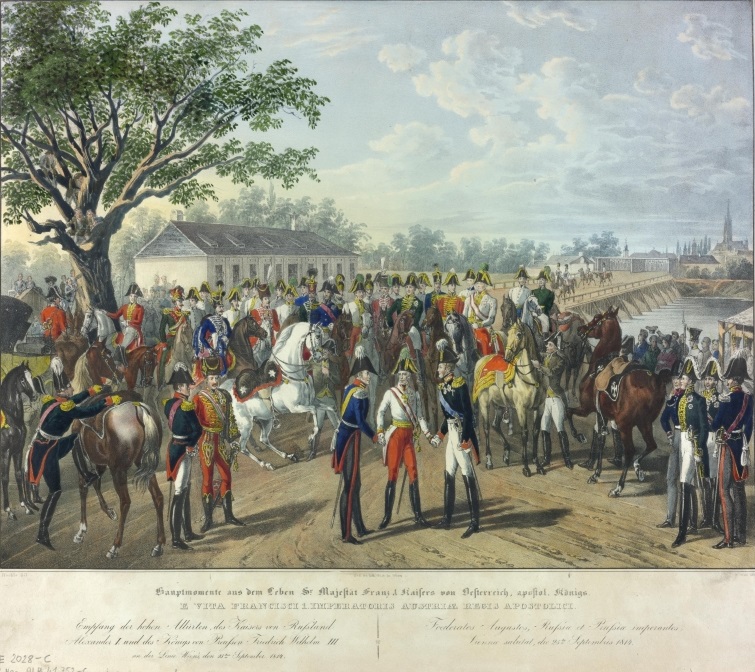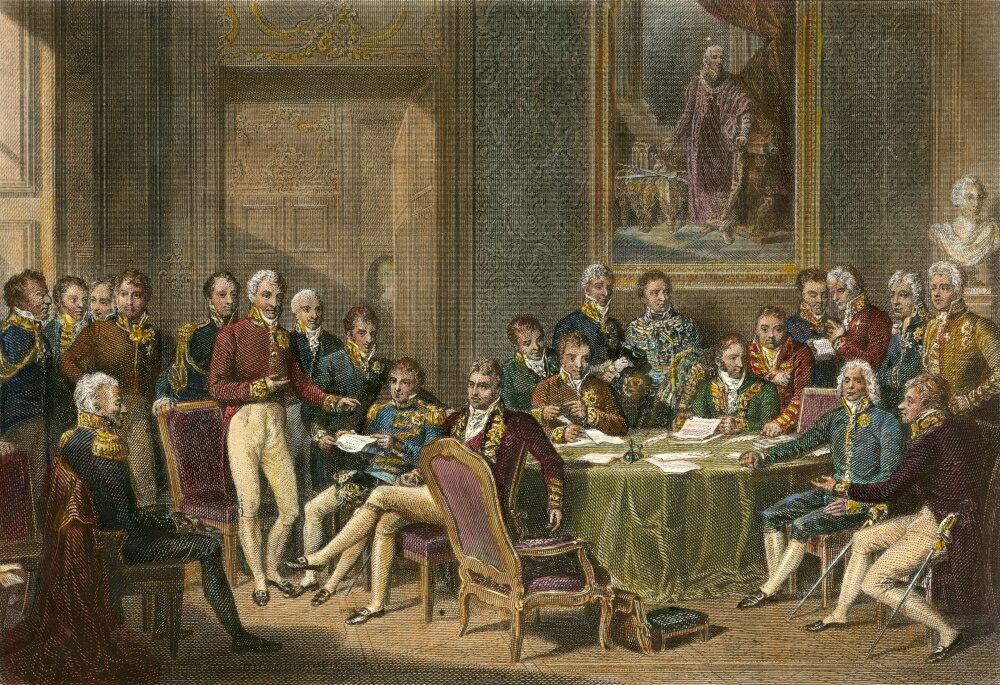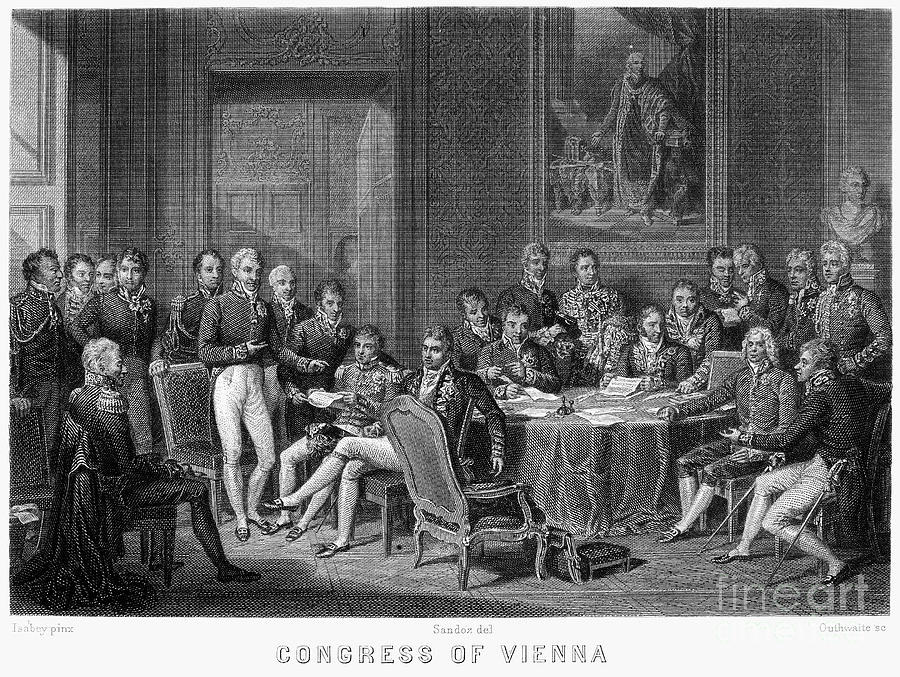

Although it met the expectations of the major players in Europe and caused a period of ‘restoration’ in it called the “Concert of Europe”, it did not have lasting consequences as liberal and nationalist endeavors had already been too strong.In this module, we introduce some of the key players at the Congress of Vienna, including: Klemens von Metternich (Austria), the Duke of Wellington (Britain), Tsar Alexander I (Russia), Karl August von Hardenberg (Prussia) and Charles Maurice de Talleyrand-Périgord (France).

In conclusion, The Congress in Vienna, which took place in 18 after the fall of Napoleon’s France, aimed to ‘restore’ Europe. The events that took place in Greece became one more proof that the ‘restoration’ in Europe that was a result of the decisions adopted during the Congress in Vienna was a fragile and transient phenomenon. By 1832, with assistance from a row of influential states such as Russia, France, and the United Kingdom, Greek people managed to acquire their independence. Greek revolutionaries began their active efforts to gain independence from the Ottoman Empire in 1821. Greece was also among the territories where people were not satisfied with the results of the Congress in Vienna. The idea of liberalism that came from France firmly settled in the minds and hearts of the Russian people, and they were looking for ways to realize it. Although their efforts appeared to be unsuccessful, and they were severely punished, the consequences of these actions for Russia were still significant.

The rebels aimed to dethrone the emperor. In 1825, the Decembrist revolt took place in Russia. Among these lands were Russia and Greece. Thus, in a number of lands tumults continued to be considerable.

Not all the representatives of political powers in Europe agreed with the results of the Congress in Vienna, and the ‘restoration’. However, this system could not exist for long because of absolutely new concepts of economy and politics that started developing in the world. It was called the “European Concert” due to its origin from the musical capital of Europe. All in all, after the Congress in Vienna, a fragile system of political and social order appeared. It was considered irrelevant, and all the longings of nations such as Greek and Romanians to gain independence were severely suppressed. The same conclusions were made regarding nationalism. The heads of the principal states did not agree to change the political foundations of Europe, and monarchism continued to be supported as the main concept of the existence of Europe. In a heated debate among the key diplomats, the newly-appeared as a result of the French Revolution values such as liberalism and nationalism were challenged. The settlements of the questions that came up in connection with the disturbed (after Napoleon’s wars) territories involved the main players of Europe (Germany, the United Kingdom, France, Italy, and Russia) in a long and bitter controversy. There were present not only the accredited of the European Powers but also an extraordinarily large number of sovereigns of Europe. In September 1814, diplomats from every part of Europe assembled in Vienna.


 0 kommentar(er)
0 kommentar(er)
